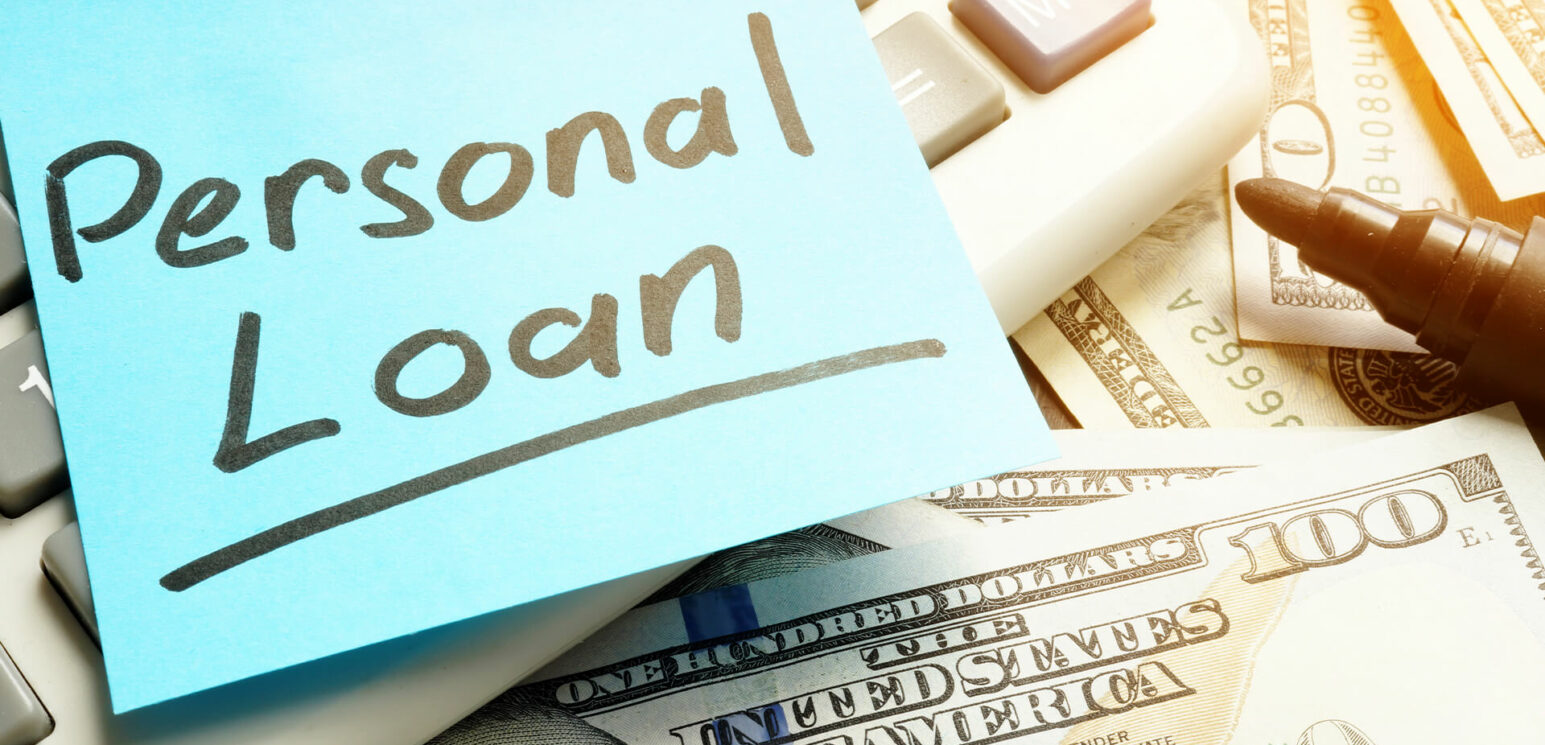What is a personal loan?
A personal loan is money you can borrow in a lump sum with a fixed payment. Personal loans can be used to finance large purchases, consolidate debt, invest in yourself, or cover emergency expenses. Similar to an auto loan, personal loans pay out a fixed amount of money to the borrower at the time of the loan.
This is done in exchange for recurring monthly payments that consist of interest and principle. Unlike car loans, however, personal loans are unsecured, meaning they do not require a guarantor or collateral.
Are personal loans bad?
While it may seem tempting to categorize certain forms of debt as either “good” or “bad,” the reality often entails a more nuanced understanding. For instance, student loan debt is commonly regarded as “good debt” since it’s an investment in one’s education and future prospects. However, if a student borrows excessively, surpassing essential education expenses to finance luxurious vacations, then their student debt could rightfully be deemed “bad debt.”
Similarly, personal loans wield significant potential, exemplified in consolidating credit card debt at more favorable interest rates. Nevertheless, like all forms of debt, personal loans can be mismanaged, leading to unnecessary financial strain in the future.
What factors should be considered when shopping for a personal loan?
1. Exercise caution with the amount you borrow. While debt can serve as a valuable tool for achieving financial milestones like home ownership, it can also become burdensome if not managed prudently. It’s crucial to refrain from overextending yourself financially by limiting the amount you borrow. Before committing to a loan, assess your financial needs, purpose of borrowing, and repayment timeline. Familiarize yourself with the projected monthly payments and devise a concrete plan to meet them.
2. Explore various lending options. Personal loans are available from several sources such as banks, credit unions, online lenders, and peer-to-peer platforms, each offering distinct interest rates, loan fees, and repayment conditions. Although minor variations in interest rates may appear inconsequential, they can substantially impact the overall cost of the loan. Additionally, certain lenders impose fees such as origination fees, prepayment penalties, or late payment charges. Conduct thorough comparisons among different lenders to secure a loan featuring the lowest interest rates, minimal fees, and repayment terms aligning with your financial strategy.
3. Verify the credibility of the lender. Prioritize borrowing from reputable sources by researching lender reputations and reviewing feedback from previous borrowers. Scrutinize the loan agreement meticulously to identify any hidden fees or penalties that could impede timely repayment and exacerbate financial strain. By exercising diligence in selecting a trustworthy lender, you mitigate the risk of encountering unforeseen challenges in repaying the loan.
4. Improve your credit score before borrowing. Borrowers with higher credit scores will typically receive the lowest interest rates. While other factors such as debt-to-income ratio and loan term are also positively correlated with interest rates, the interest rate you are charged largely depends on your credit score. If possible, improving your credit score before borrowing can decrease the overall cost of the loan.
Conclusion
Personal loans offer a versatile financial tool for various purposes, including financing large purchases, consolidating debt, investing in personal development, or handling unexpected expenses. Responsible borrowing requires exercising caution with borrowing amounts, exploring various lending options, understanding how your credit score will affect the loan terms, and verifying the credibility of lenders. With careful consideration and prudent management, individuals can harness the benefits of personal loans while minimizing potential risks, fostering financial stability, and achieving their long-term objectives.
Dr. Scott Jones
Assistant Professor of Finance and Foust Professor of Business


